People
CURRENT LAB MEMBERS
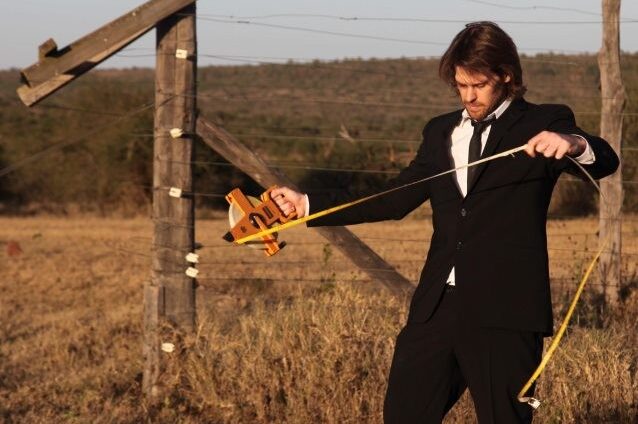
Rob Pringle, Professor
I have always been fascinated by the ways in which species interactions “cascade” through food webs and other ecological networks, often with surprising outcomes. Research in my lab focuses on three main problems. The first is trying to understand the ways in which large mammalian herbivores directly and indirectly shape the ecosystems they inhabit: how do they affect plants and other animals, and what can this tell us about the likely impacts of past and future extinctions? A related focus is on how top predators structure communities by altering the abundance and behavior of their prey. Finally, I am interested in the spatial organization of these ecosystems–specifically, how regular patterns created by ecosystem engineers like termites influence the behavior of individuals, populations, and ecosystems. Google Scholar profile / ResearchGate profile / Twitter @rob_pringle / [CV]
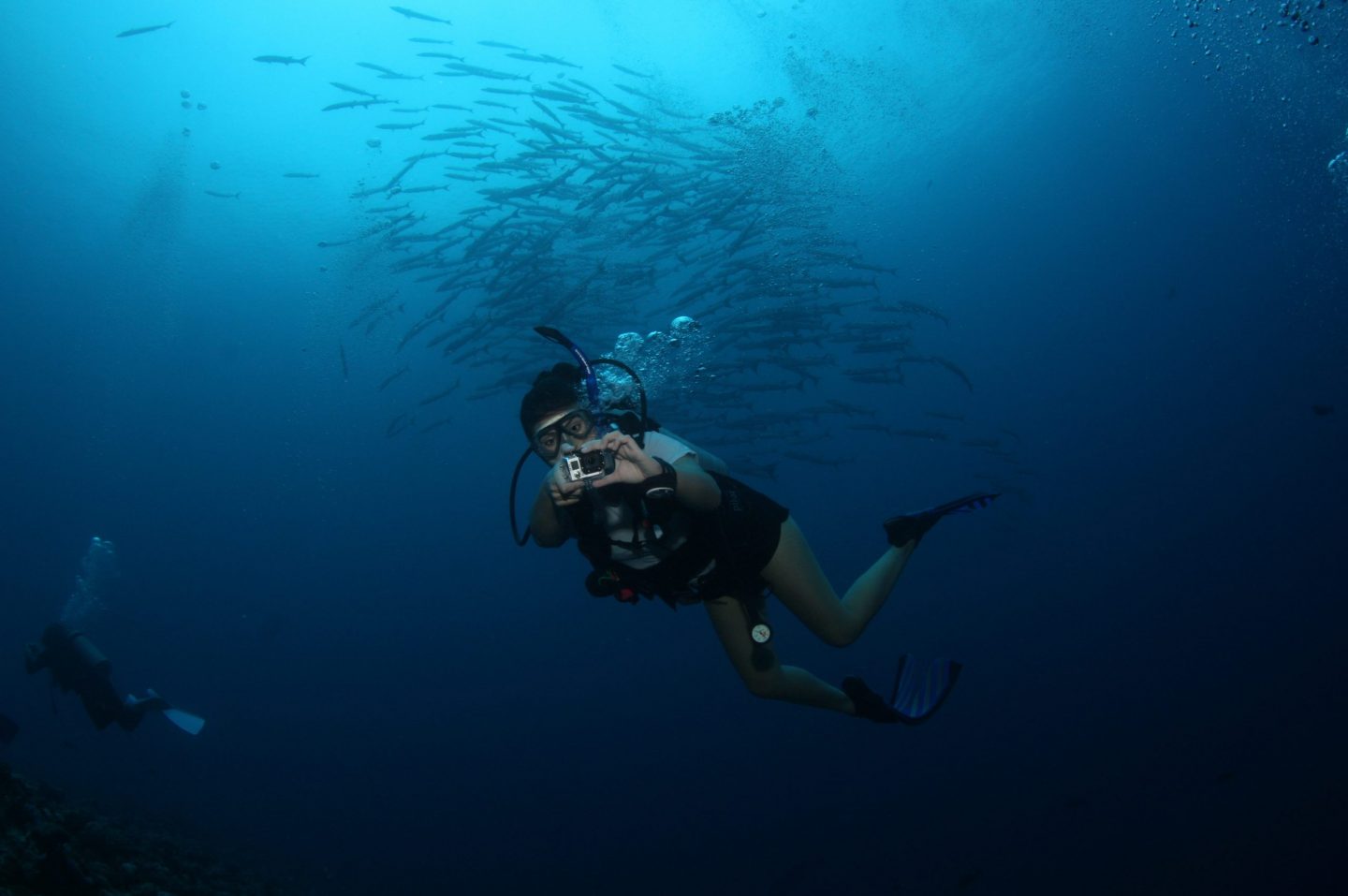
Maia Raymundo, Postdoc
I am a broadly trained ecologist and conservation biologist. My research interests lie at the intersection of conservation and the application of fundamental ecological theory to improve conservation and restoration outcomes. Because conservation issues are innately complex and require the engagement of multiple disciplines, I have previously drawn on a synthesis of approaches integrating empirical and applied ecology, ecological theory, phylogenetics, and ethnobiology. The thrust of my research that I will be undertaking in the Pringle Lab will focus on combining molecular techniques and community ecology to inform restoration strategies for the Marianas fruit bat (Pteropus mariannus) and its habitats on the island of Guam. [CV]
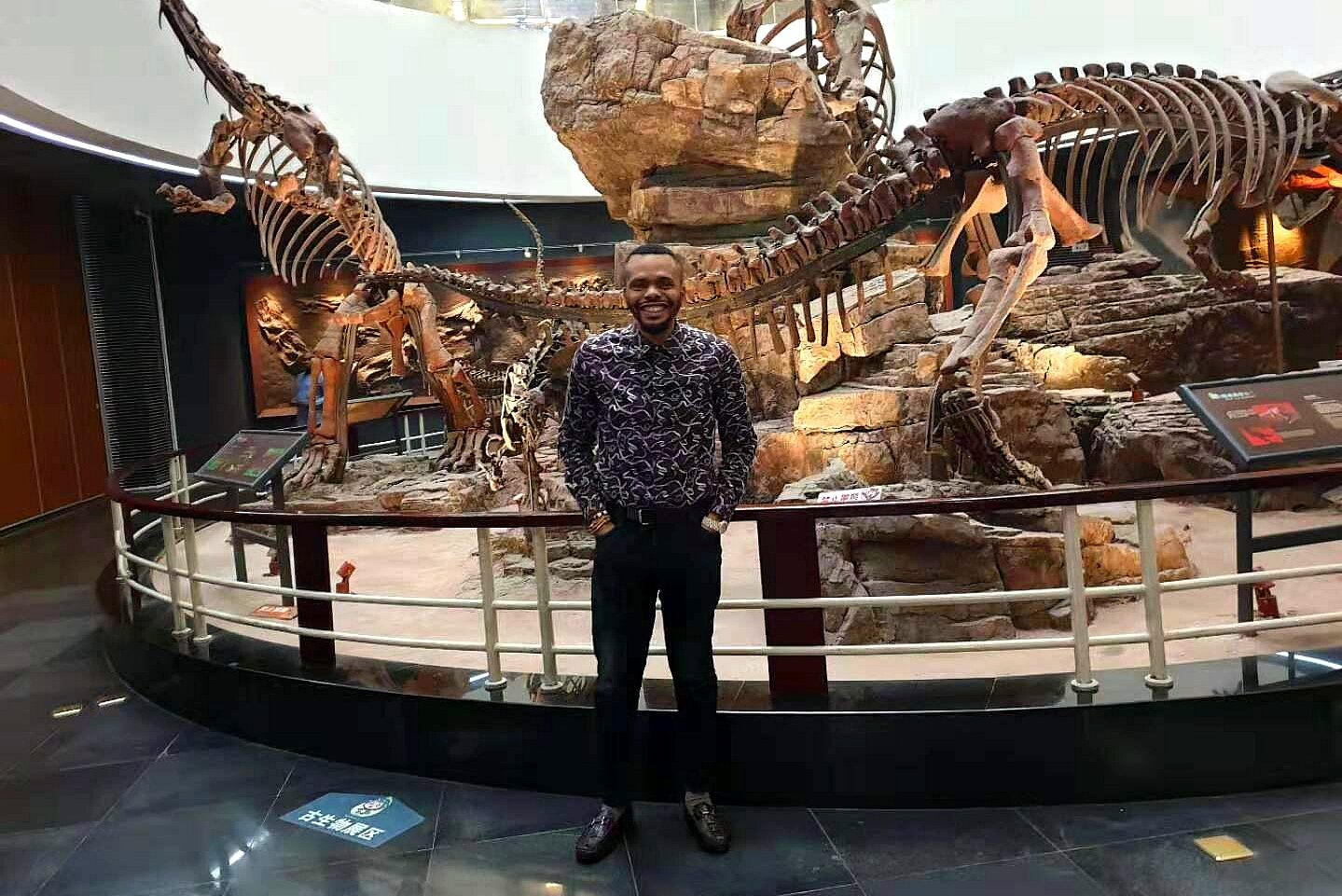
Lotanna Micah Nneji, Postdoc
I am interested in understanding the diversity, ecology, population genetics and distribution patterns of animals such as invertebrates (butterflies and moths), freshwater fishes, amphibians, reptiles, birds and mammals. My research incorporates ecological and molecular data to investigate the evolutionary ecology of animals. During my PhD, I studied the diversity of herpetofauna in Gashaka Gumti National Park (Nigeria) using a short diagnostic gene fragment (DNA barcode) for rapid species identification and ecological studies. In the Pringle lab, I will conduct the first DNA metabarcoding analyses of the diet composition and niche relationships of herbivorous birds – Ostrich, guineafowl, spurfowl, and bustard – at Mpala Research Centre in Kenya. [CV]
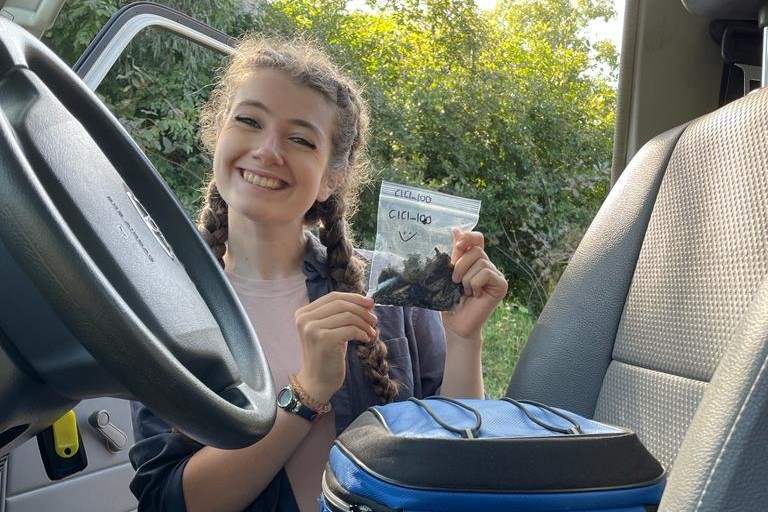
Erin Phillips, Graduate Student
Broadly, I am interested in how predator-prey and predator-predator interactions act to shape ecosystem structure, function and biodiversity, and in the implications of this for conservation action and policy. In my PhD, I am studying the impact of apex carnivore reintroduction on natural populations, and particularly on understudied mesocarnivores, in Gorongosa National Park. I graduated from the University of St Andrews in 2018 with BSc in Zoology, where I studied the impacts of prey group shape on detection by birds, and later the effect of predator avoidance on longevity in reptiles and amphibians. From 2018-20, I studied at Emory University on a Bobby Jones Scholarship, where I approached animal behavior from a new angle, researching canine cognitive neuroscience via awake fMRI. [CV]
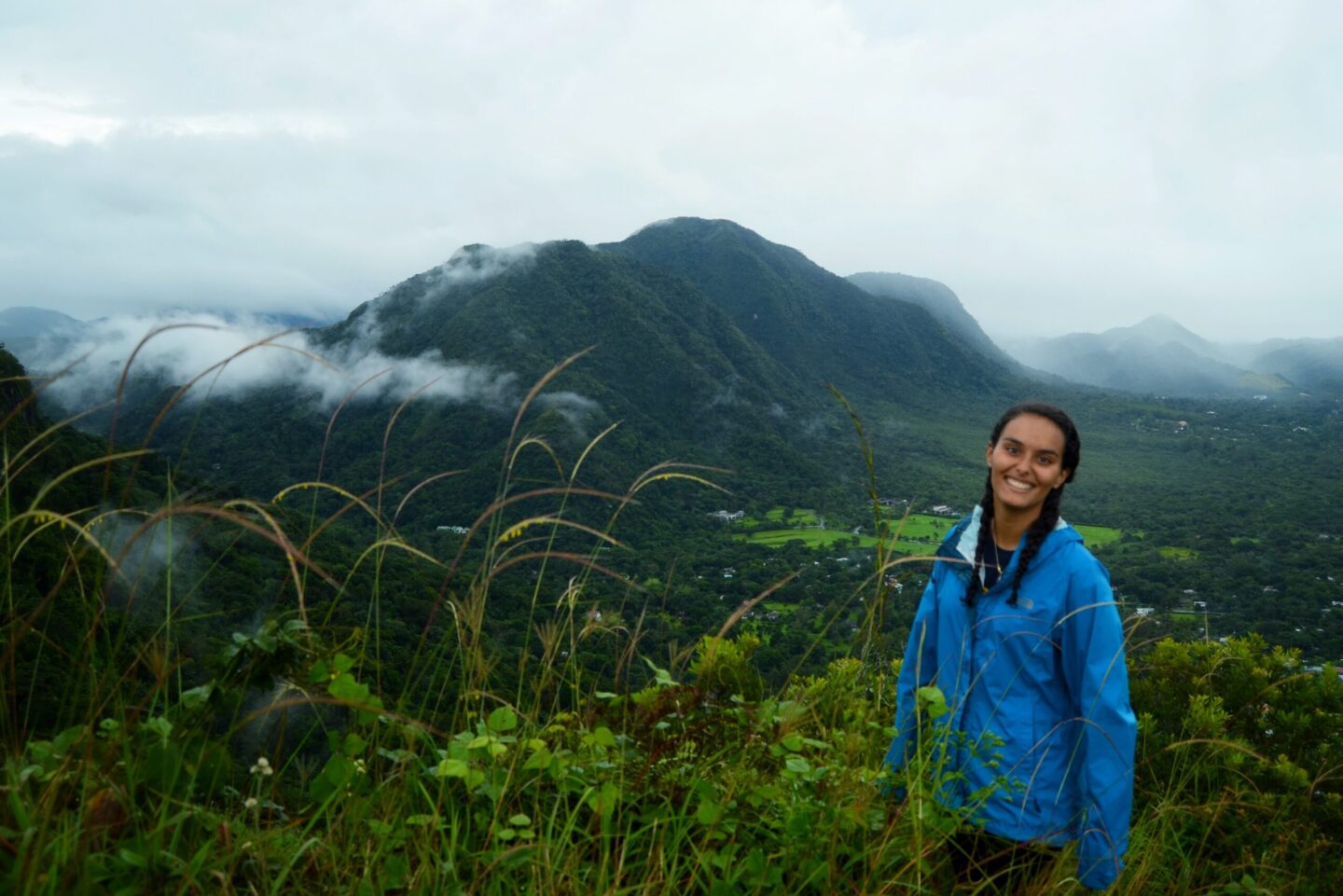
Finote Gijsman, Graduate Student
I am broadly interested in plant-insect interactions and the roles they play in maintaining ecosystem biodiversity. For my undergraduate thesis, I investigated the impacts of a non-native, seed-eating weevil on the reproductive success of Cirsium pitcheri, a threatened keystone species endemic to the Great Lakes region of the United States. After graduating from Northwestern University in 2019, I spent a year working at the Smithsonian Tropical Research Institute in Panama and Max Planck Institute of Chemical Ecology in Germany gaining experience in the fields of chemical ecology and plant-insect interactions. In the Pringle Lab, I am interested in investigating the role that chemistry plays in mediating plant-insect food webs and interactions. [CV]
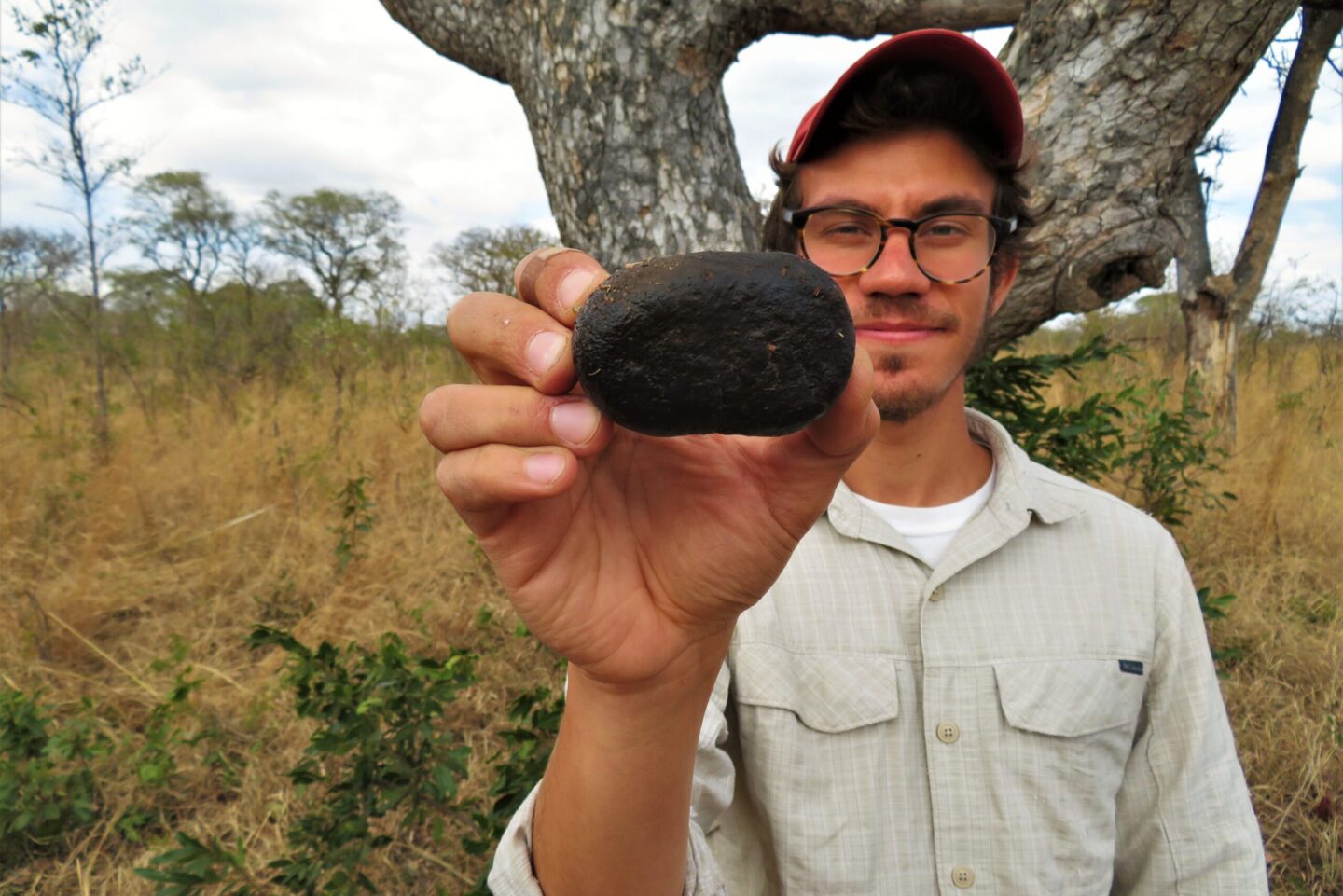
Joel Abraham, Graduate Student
Disturbances are of paramount importance in structuring ecological communities. I study how these disturbances — particularly herbivory, fire, and flooding — interact with one another and the implications this has for ecosystem structure and function. I use Gorongosa National Park as a model system in which to investigate disturbance interactions. Previously as a member of the Staver Lab at Yale University I studied the behavioral responses of savanna herbivores to drought in Kruger National Park. I graduated from Yale in 2018 with a B.S. in Ecology & Evolutionary Biology as well as Environmental Studies; I remained there for a year as a lab technician before joining the Pringle Lab here at Princeton. [CV]

Harrison Watson, Graduate Student
The carbon sink/source potential of tropical savanna ecosystems are largely unclear, despite their importance to global carbon cycling and sequestration. In particular, I’m interested in how disturbance from fire and herbivory influence carbon sequestration in these systems. My research combines theoretical modeling techniques with field work in Kenya and South Africa to understand the role of disturbance in clarifying the carbon storage potential of tropical savannas. I graduated from Jackson State University in 2019 with a BSc in Marine Biology where I studied mitochondrial genomics using species of crustaceans native to the northern Gulf of Mexico.
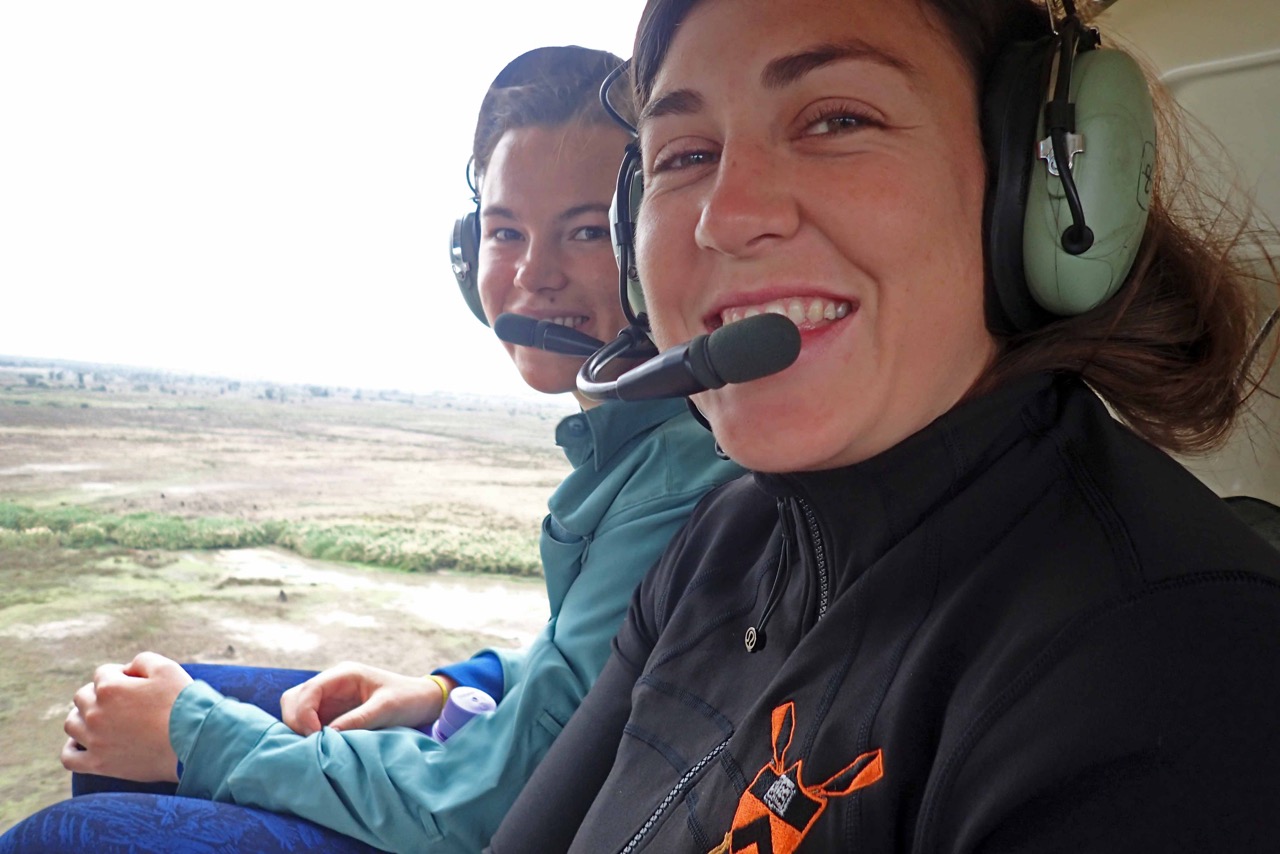
Ciara Nutter, Lab Manager
I am interested in how the structure of ecological interaction networks affects ecosystem functioning and stability. More specifically, I am captivated by how diets and food webs vary across scales, how they are altered in response to anthropogenic change, and what the ecosystem-level consequences of these alterations are. I graduated from Princeton University in 2018 with a B.A. in Ecology & Evolutionary Biology. After graduating, I joined Mpala Research Centre, Kenya as a Princeton in Africa Fellow assisting interdisciplinary projects at the intersection of science, education and conservation before returning to Princeton.
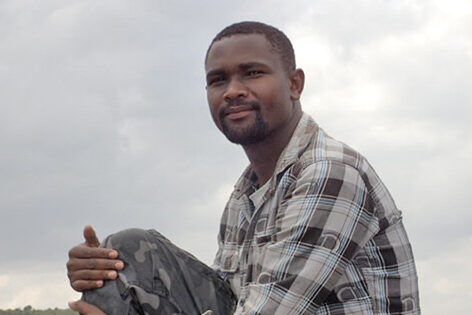
Sam Kurukura, Research Technician
Sam is a field-based biodiversity and ecological-research technician in Laikipia, Kenya. He has worked with the Pringle Lab since 2005 and help to oversee the UHURU Large-Herbivore Exclosure Experiment at the Mpala Research Centre. He is specifically interested in botany, and in understanding how large mammalian herbivores shape savanna ecosystems.
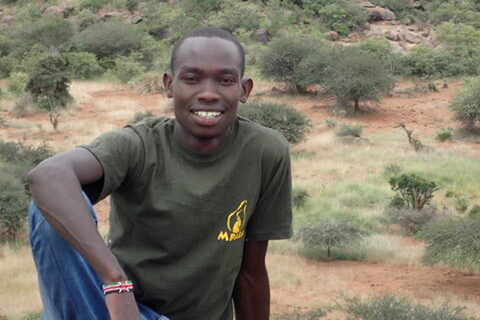
John Ekeno, Research Technician
John works with the Pringle and Tarnita Labs at the Mpala Research Centre in Kenya. There, he helps to oversee several large-scale and small-scale field experiments focusing on how termites and large mammalian herbivores affect plant and animal communities.
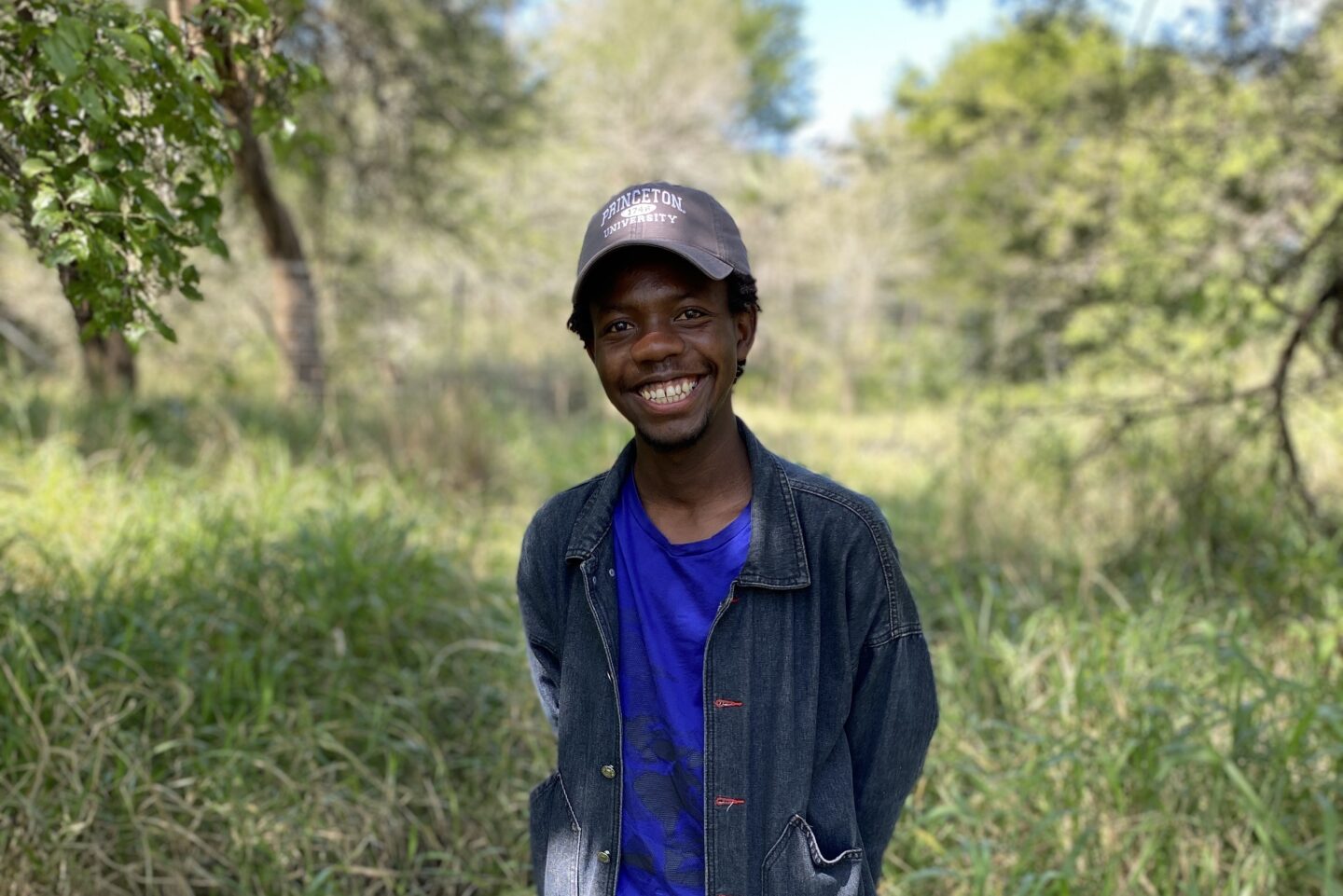
Beto Tenente, Research Technician
Beto joined the Pringle Lab after graduating from Gorongosa’s Master’s in Conservation Biology Program in Mozambique in 2022. He oversees several long-term research projects in Gorongosa National Park focusing on the recovery of large mammal assembles using DNA metabarcoding and camera trapping.
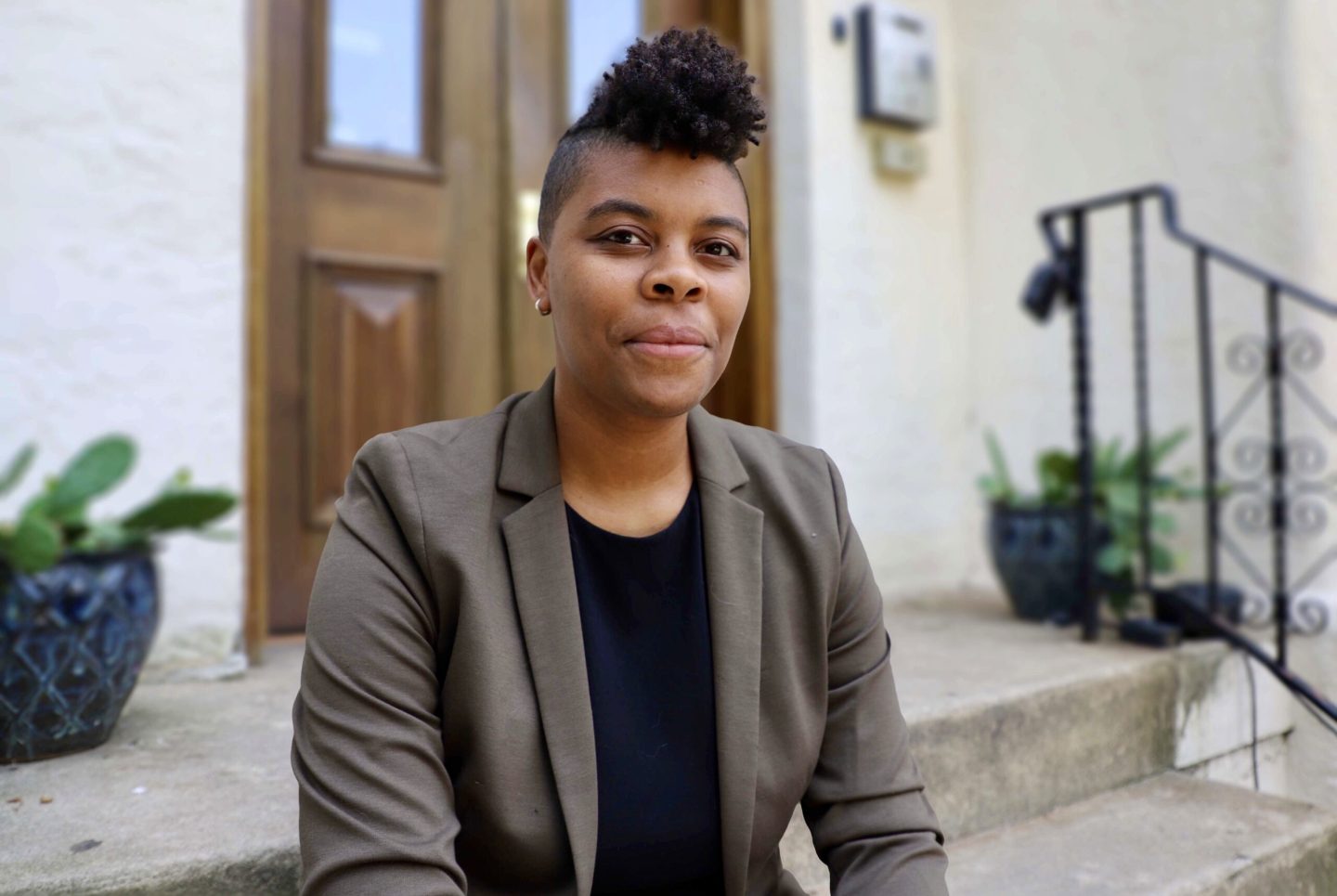
Alex Moore, Postdoc
As a High Meadows Environmental Institute postdoctoral research associate in the Pringle Lab (2021-2022), Alex’s research focused on how predator-prey interactions influence ecosystem functions within coastal salt marsh ecosystems and mangrove forests. Among other things, their work involved an assessment of ecosystem properties and health that incorporated eDNA techniques to evaluate soil microbial community composition. Alex is now an Assistant Professor at the University of British Columbia. [Website]
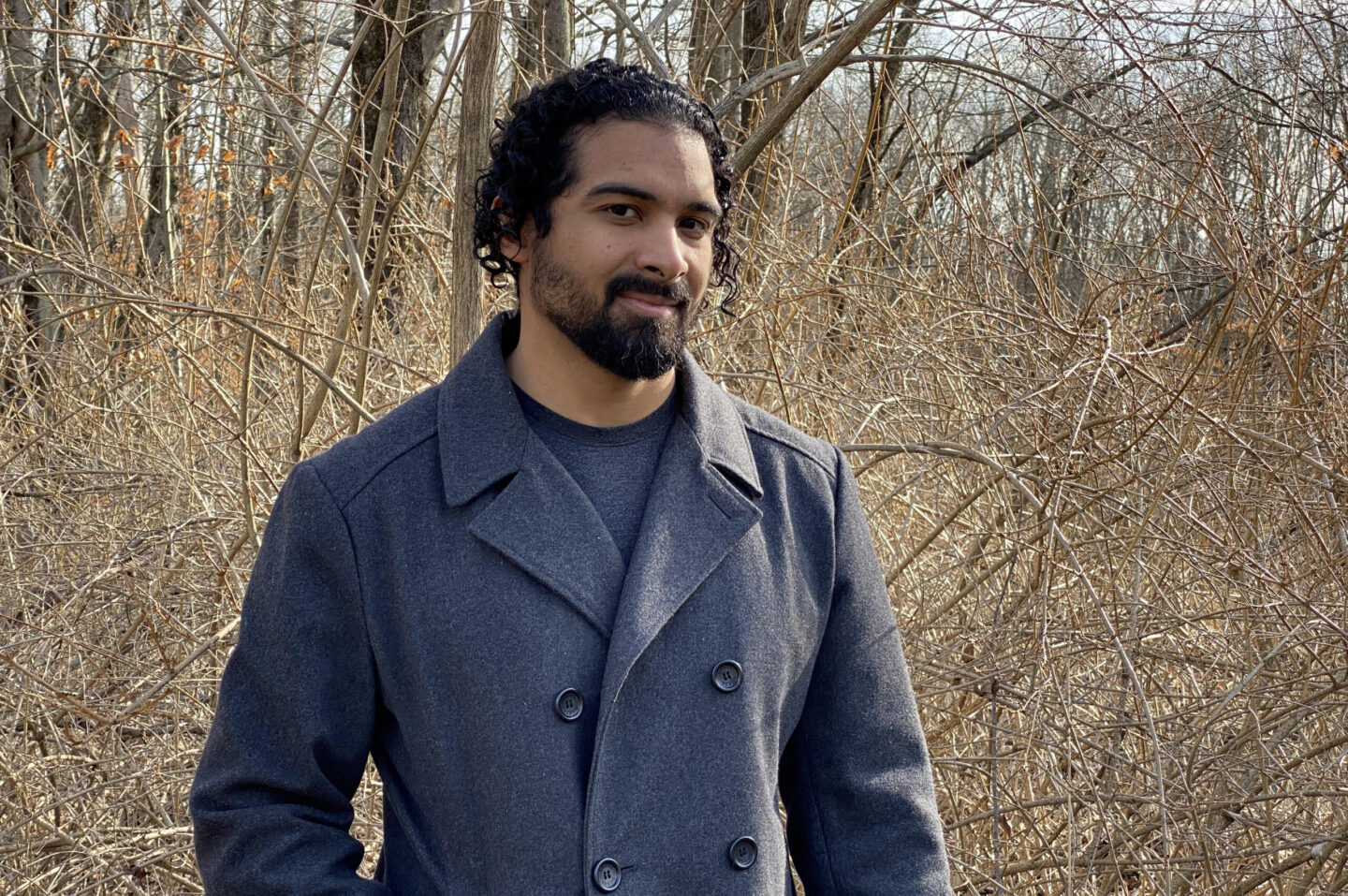
Rafael Valentin, Postdoc
Rafael joined the Lab (2019-2022) as part of the inaugural cohort of Presidential Postdoctoral Fellows. Applying his expertise in above-ground terrestrial eDNA techniques, Rafael’s research investigated foundational ecological theories of the effects of predation in small Bahamian islands, and trophic interactions of vertebrates and invertebrates in the seasonal pools of Gorongosa National Park. He is now working at Elysium Health as a Bioinformatics Scientist. [Website]
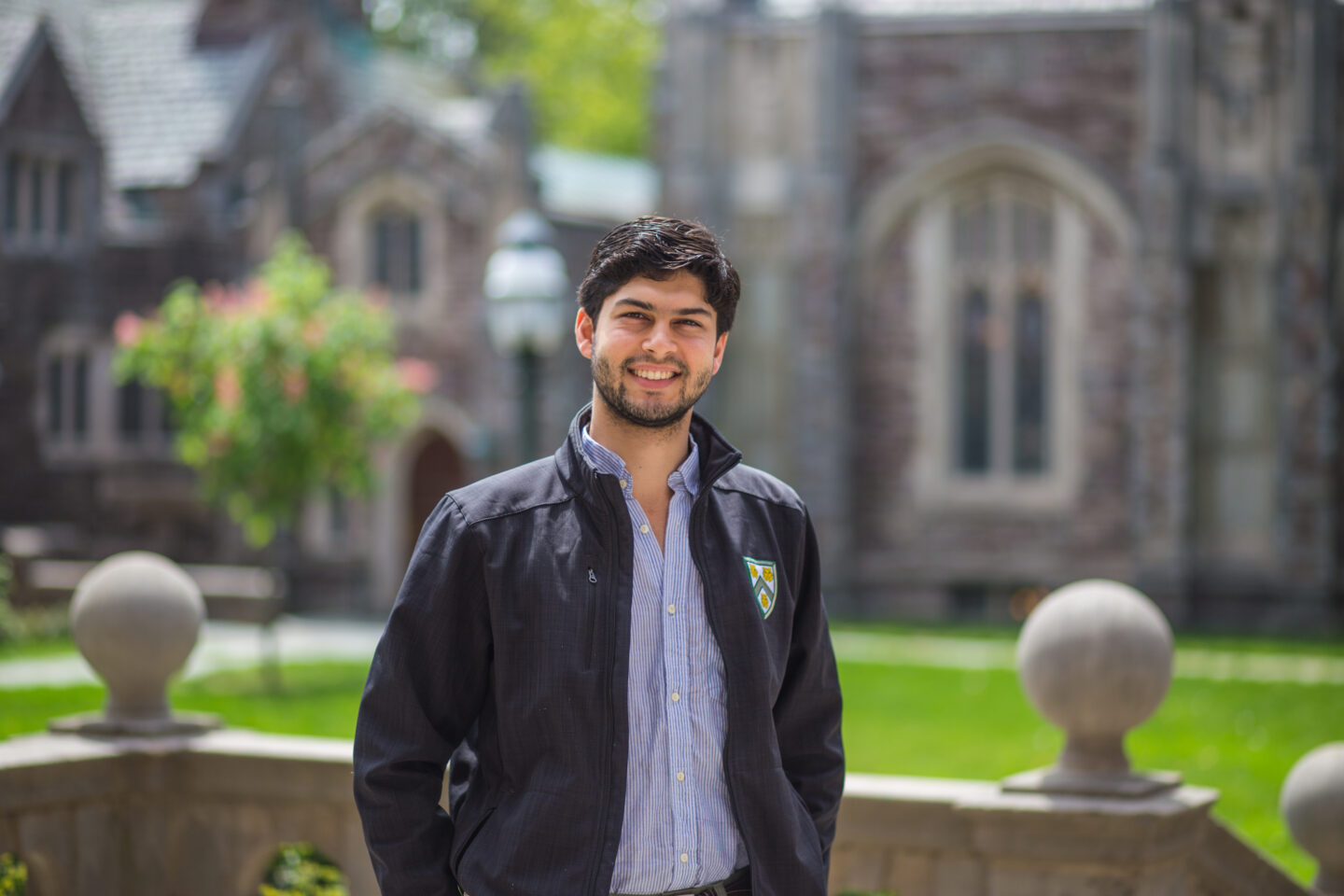
Arjun Potter, Graduate Student
Arjun was a PhD student in the Lab from 2015-2022 and recently started a postdoc at Wake Forest University, working with T. Michael Anderson. For his dissertation, Arjun’s projects included a factorial field experiment of herbivory in a floodplain ecosystem, a simple mathematical model of herbivory, and a study that paired the role of plant traits and animal body size in structuring the diets of large mammalian herbivores. [Website]
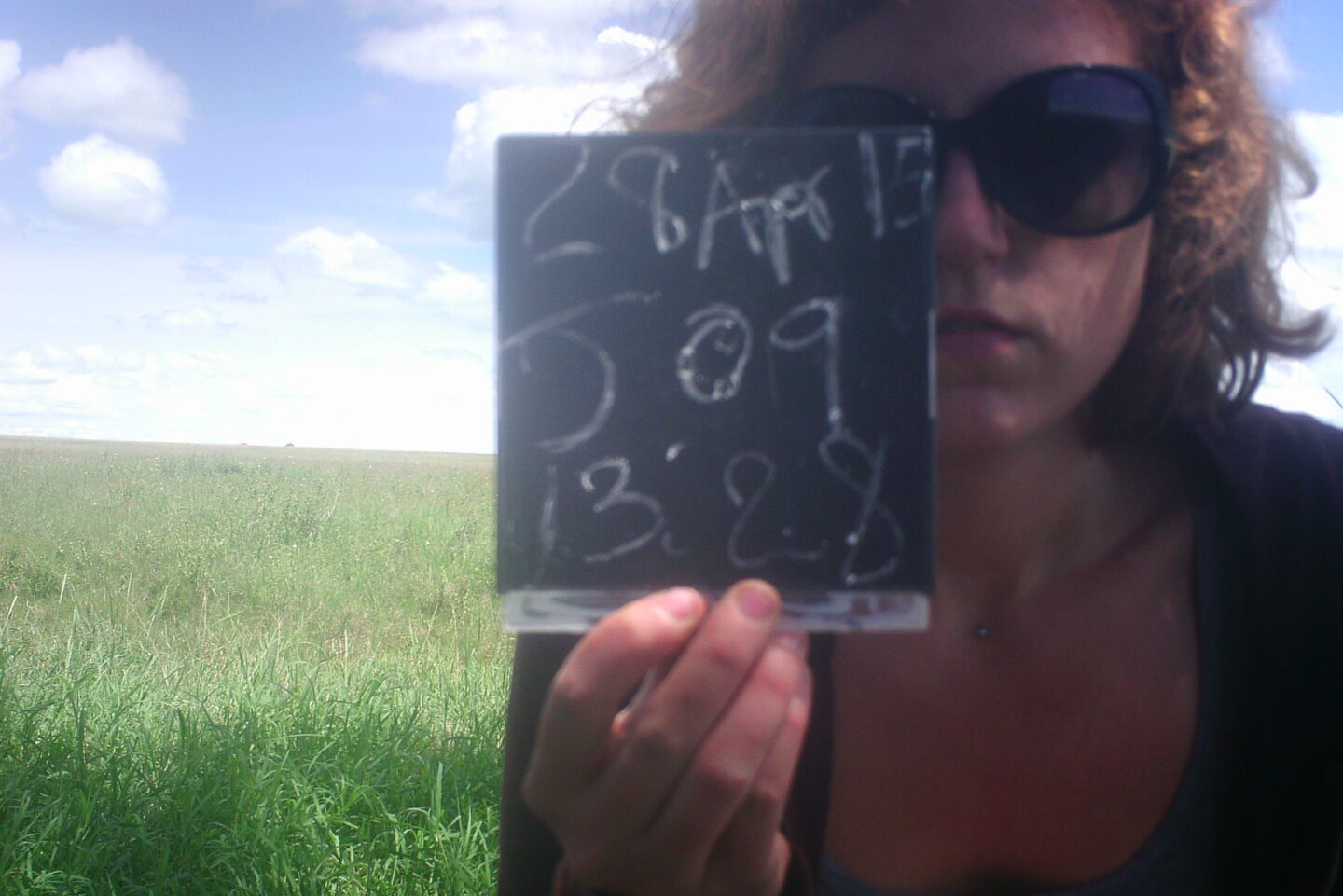
Meredith Palmer, Postdoc
As a NSF postdoctoral fellow in the Lab from 2018-2022, Meredith’s research focused on how prey mitigate risk from multiple interacting predators, particularly in recovering ecosystems. Her work also involved developing new prototypes for wildlife monitoring technologies like BoomBox, an open source device that turns camera traps into Automated Behavioral Response systems! She is now a Senior Conservation Technology Specialist at Fauna & Flora International. [Website]
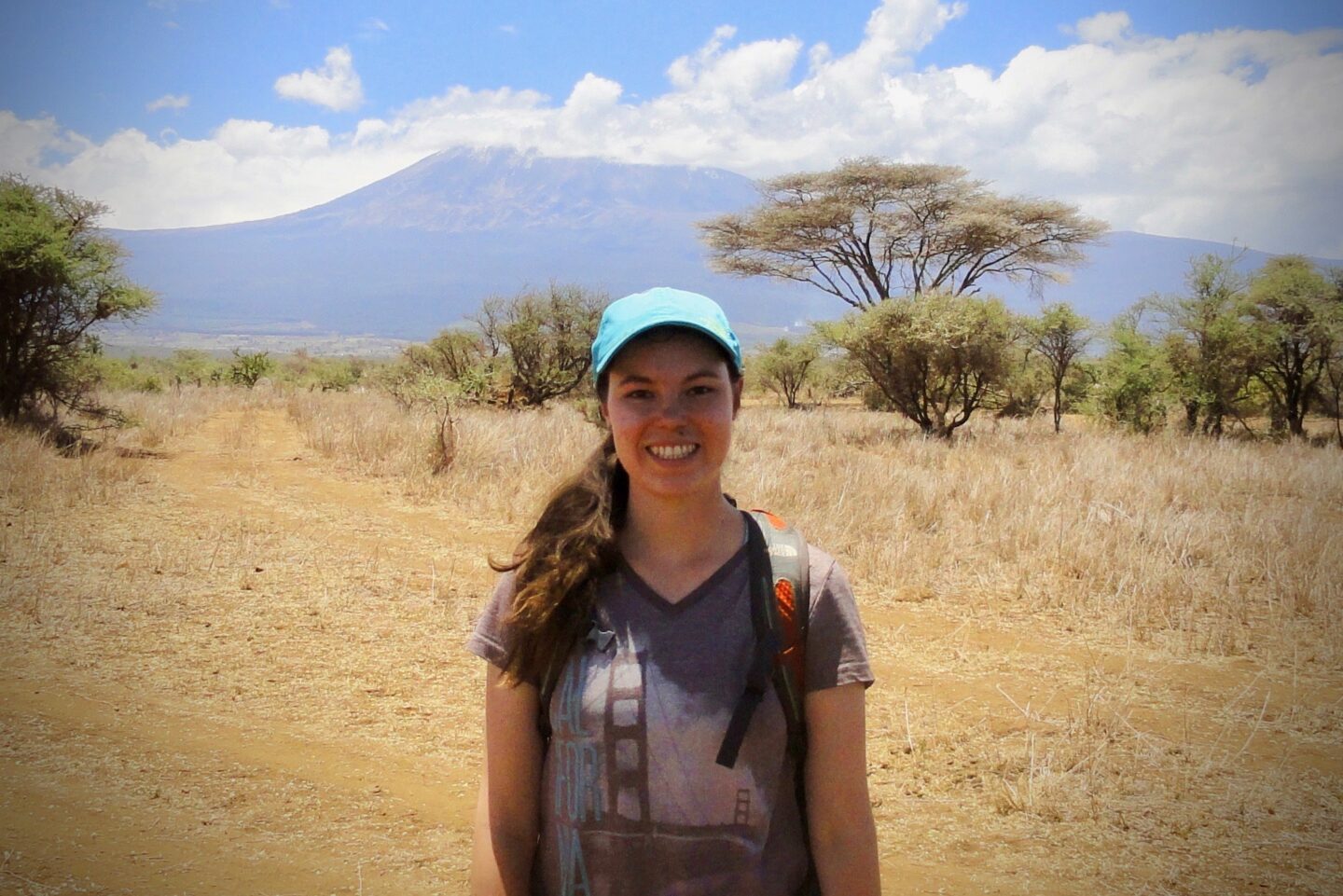
Megan Demmel
As the former Lab Manager (2019-2021), Megan contributed to several papers in the lab as well as spearheaded a multi-species, ecological and evolutionary study on mammalian gut microbiomes. Megan has recently started her PhD in Reese Aspen’s lab at UC San Diego. We look forward to continuing collaborating with Megan and seeing her science develop!
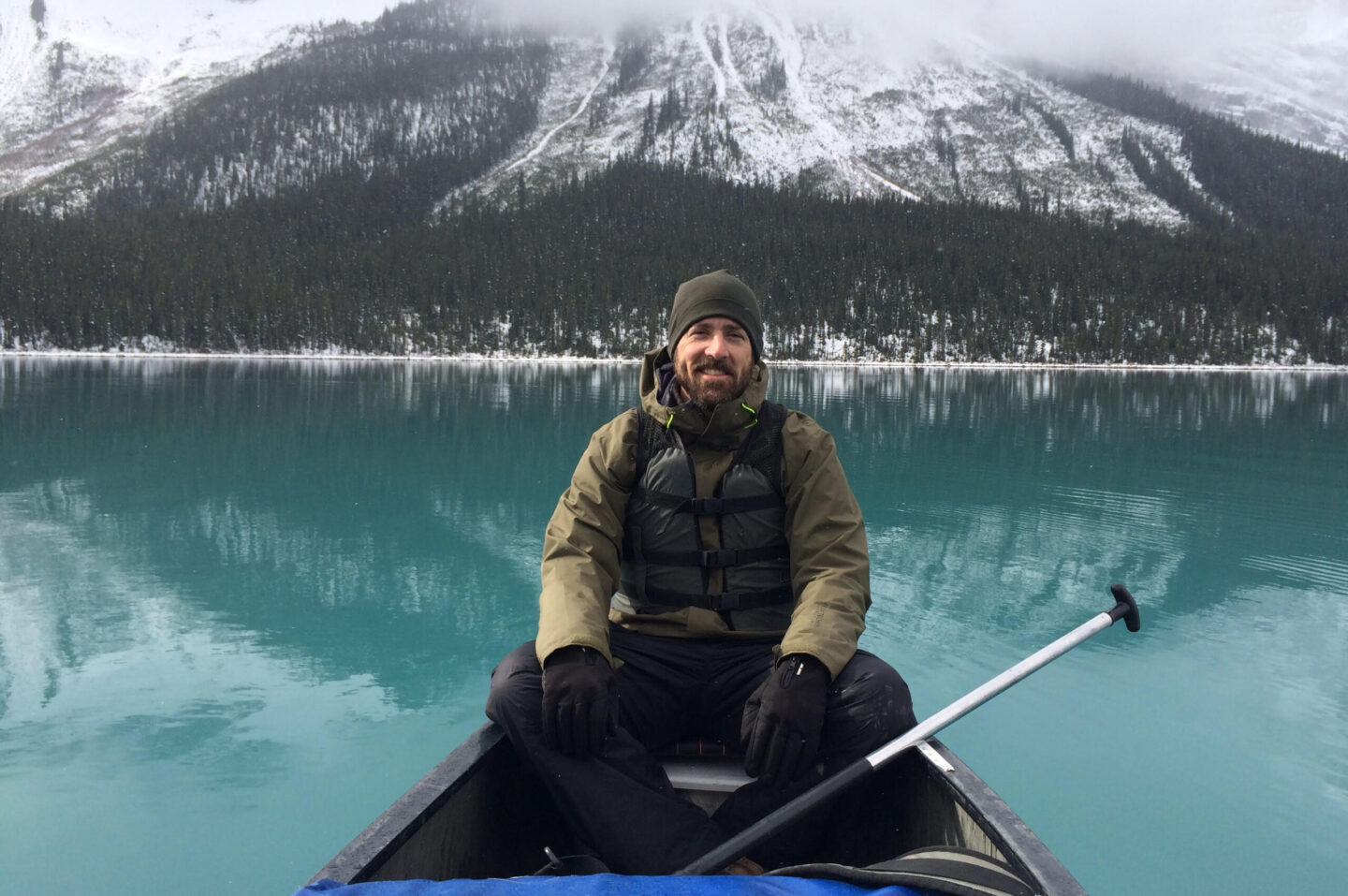
Matt Mumma
Matt was a post-doc in the Lab from 2019-2021. While in the Lab, he focused on examining large herbivore diets to unravel the relationship among diet quality and diet diversity across the grazer-browser continuum and compare diet quality among species to better understand differences in species recovery. Matt is now a Principal Wildlife Research Biologist with the Idaho Department of Fish and Game. [Website]

Matthew Hutchinson
Matt is a former PhD student (2016-2021) and current postdoctoral fellow at Universität Zürich, working with Jordi Bascompte. His work in the Pringle Lab focused on dietary selection and switching in Gorongosa National Park, and he continues to focus on how diets structure savanna ecosystems. [Website]

Michiel Veldhuis

Ana Gledis da Conceição
Ana Gledis was a research technician with the Lab from 2017–2019 and is now pursuing a Master’s degree in conservation biology in Gorongosa National Park. She worked on several projects related to understanding the restoration of the Gorongosa ecosystem.
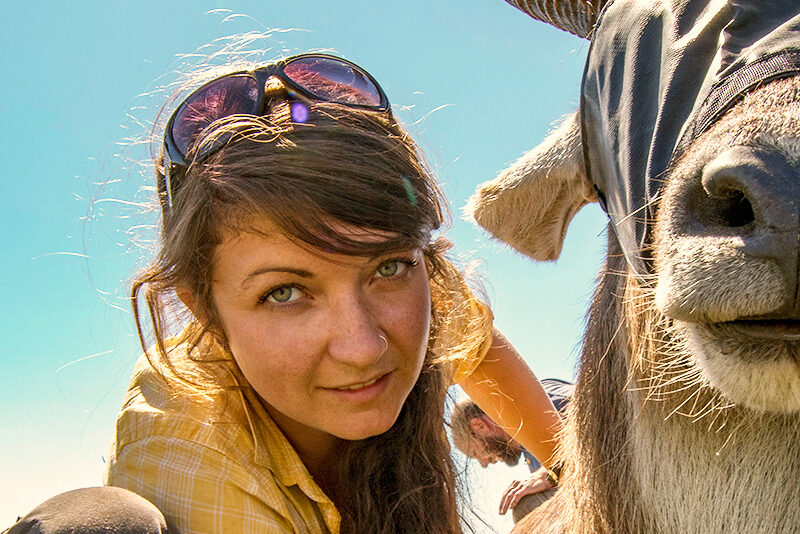
Jen Guyton
Jen was a PhD student in the Lab from 2013—2018 and is now a photographer, explorer, and naturalist working for National Geographic and others. [Website]
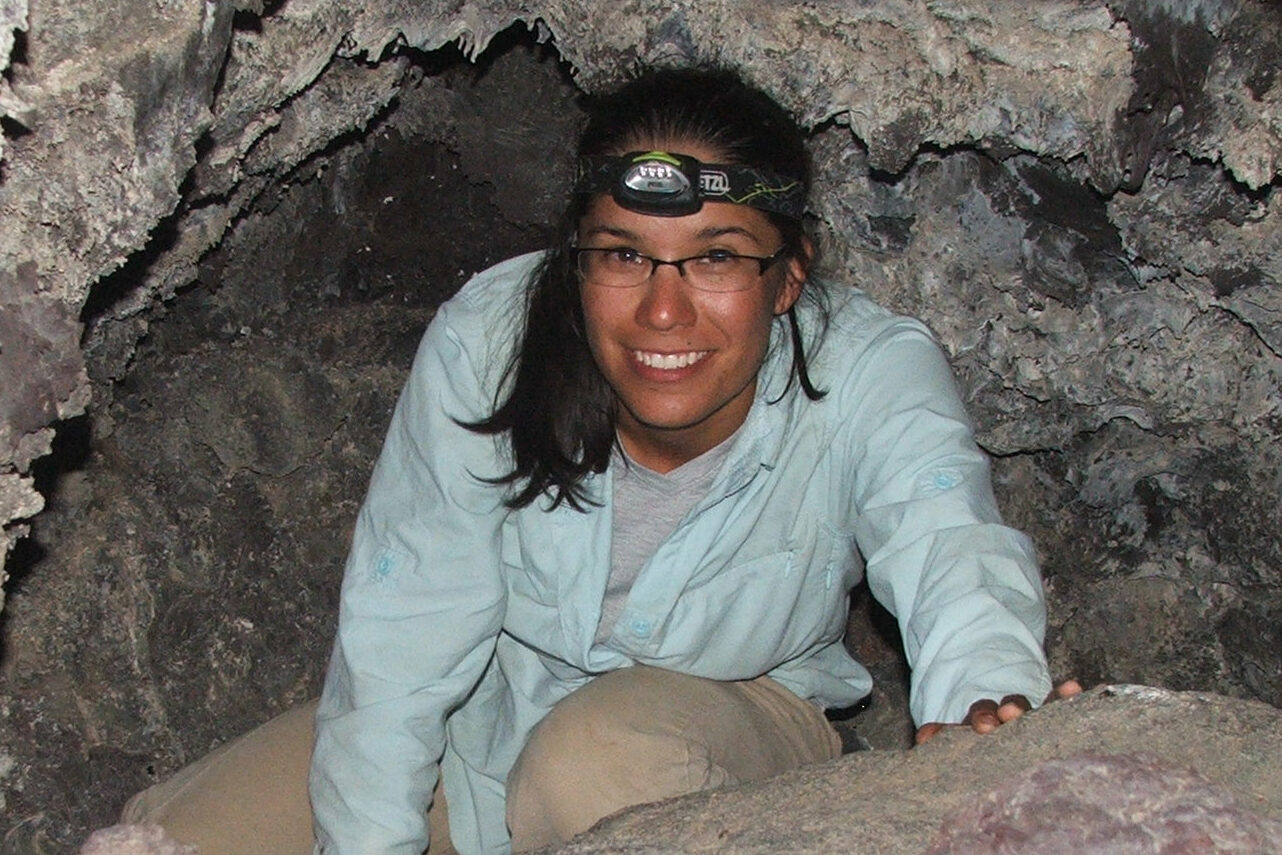
Jessica Castillo Vardaro
As a post-doc in the Pringle and Tarnita Labs from 2015 until 2018, Jess led a multi-species behavioral, ecological, and population-genetic study of termites in Kenya, to understand how competition influences population structure and spatial self-organization. She also is the first to work out molecular techniques for studying termite diets! Jess is now an Assistant Professor in Biological Sciences at San Jose State University. [Website]
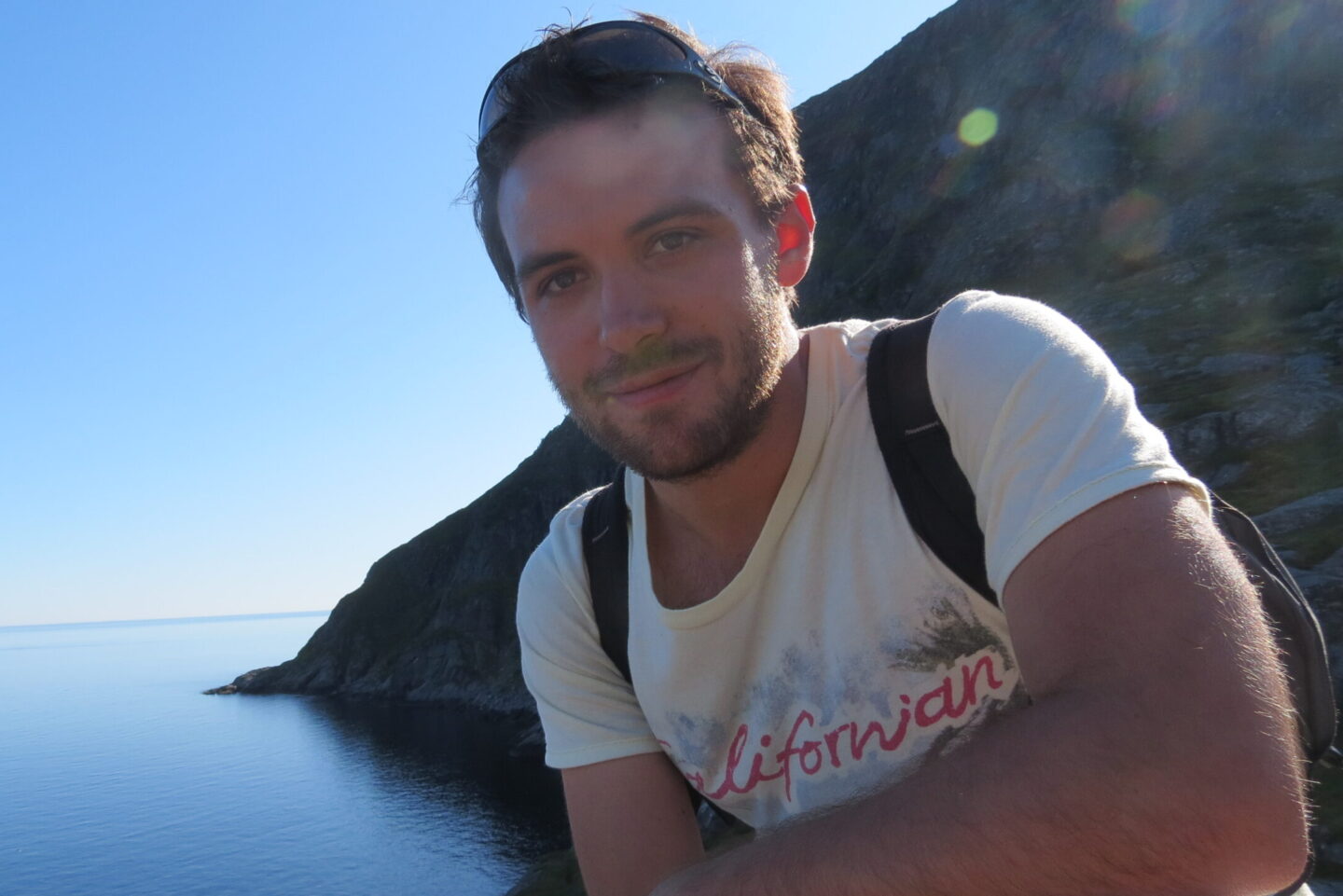
Johan Pansu
Johan, a world-class molecular ecologist, was a post-doc in the Lab from 2016 to 2018. Building on our lab’s prior work using DNA metabarcoding to study large-herbivore diets in Africa, Johan led (and continues to lead!) a pioneering effort to characterize large-mammal food webs throughout southeastern Africa. In the meantime, Johan has moved on to a prestigious Marie Skłodowski-Curie Fellowship, based with CSIRO (in Sydney, making us jealous again…)
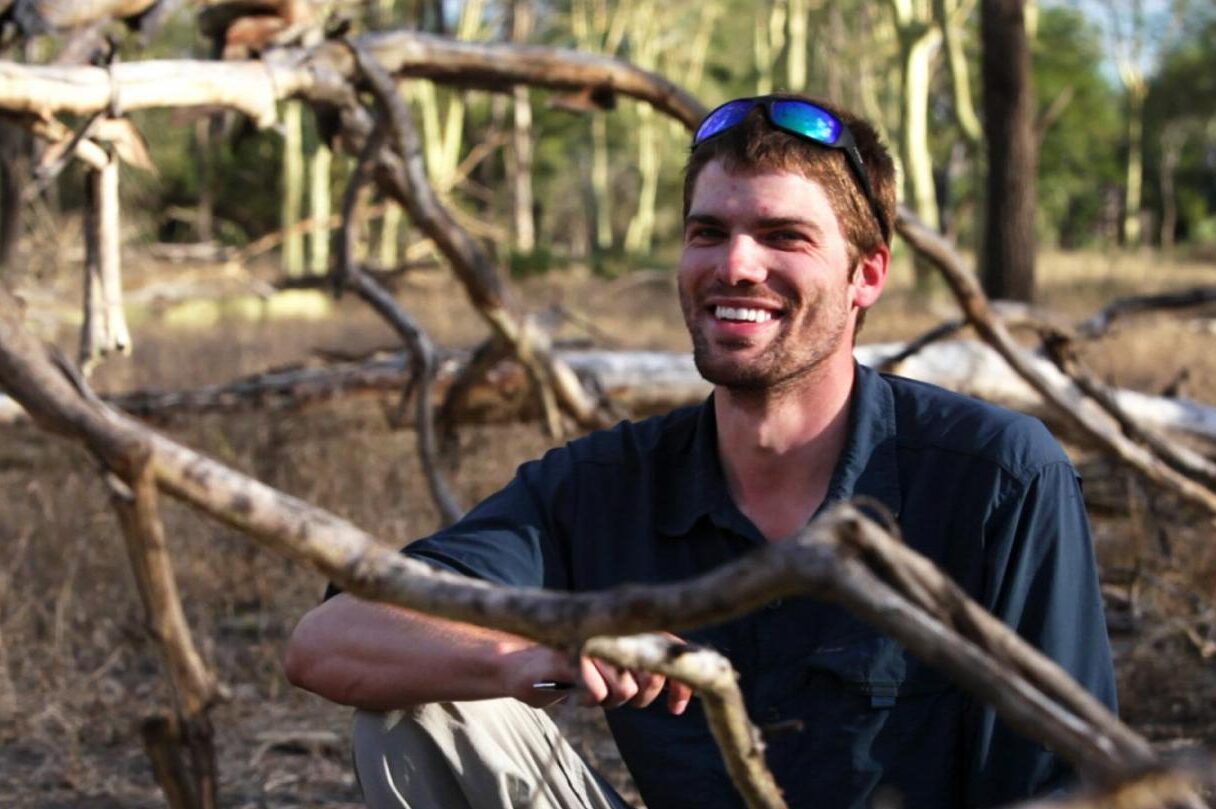
Tyler Coverdale
Tyler came into the Lab as a phenom out of Brown University. During his PhD work at Princeton, Tyler made a number of fascinating discoveries about the effects of elephants and other large herbivores on plant communities and plant antiherbivore defenses in African savannas. You can now find Tyler as a Postdoctoral Fellow in the Davies Lab at Harvard University. [Website]
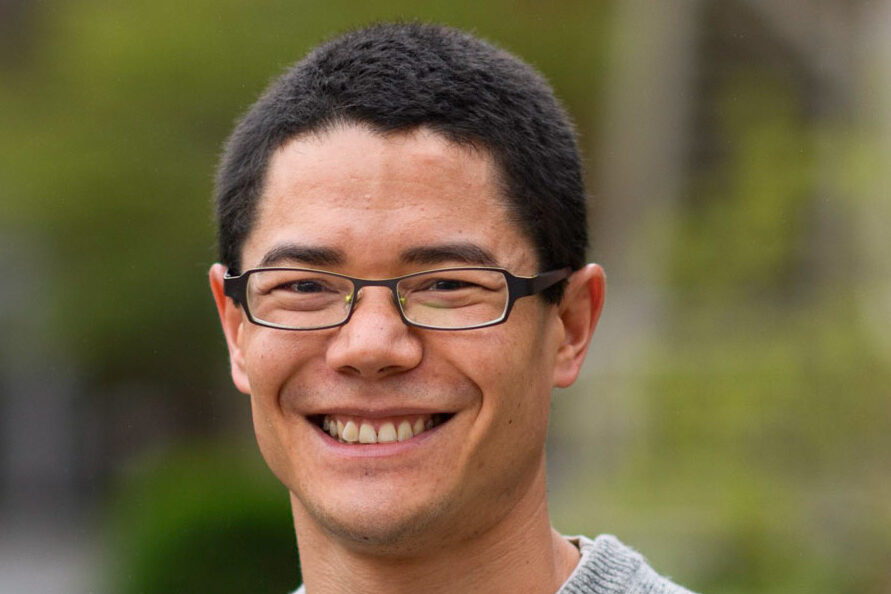
Chris Baker
After completing his PhD at Harvard, Chris joined the Pringle and Tarnita Labs as a post-doc from 2015 to 2017. With us, he spearheaded an exciting project focusing on how termite mounds in African savannas generate spatial patterns that propagate throughout the ecosystem. Chris is now a Biology Postdoc with the US Army ERDC CRREL. [Website]
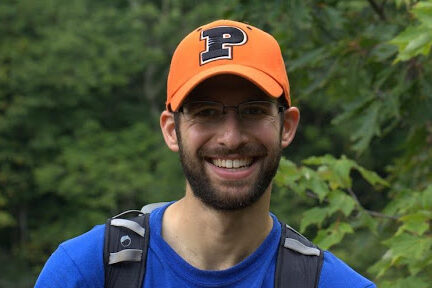
Josh Daskin
Josh was the inaugural Pringleton, our first PhD Student. His PhD work on the effects of armed conflict on wildlife populations and ecological dynamics was first-rate and first-of-its-kind, and Josh helped to spark the then-nascent ecological research program in Gorongosa National Park. Josh is now the Director of Conservation at the Archbold Biological Station.
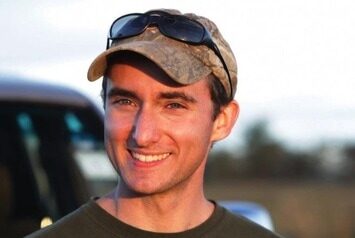
Tyler Kartzinel
Tyler was with us from 2013 to 2017, first as a Pringleton post-doc and later as a TNC NatureNet Fellow. He left Princeton to join the faculty at Brown University as an Assistant Professor in the Department of Ecology & Evolutionary Biology and a Fellow in the Institute at Brown for Environment & Society. Tyler built the Pringleton molecular lab from the ground up and led our first forays into DNA metabarcoding; we still work with him on projects in Kenya. [Website]
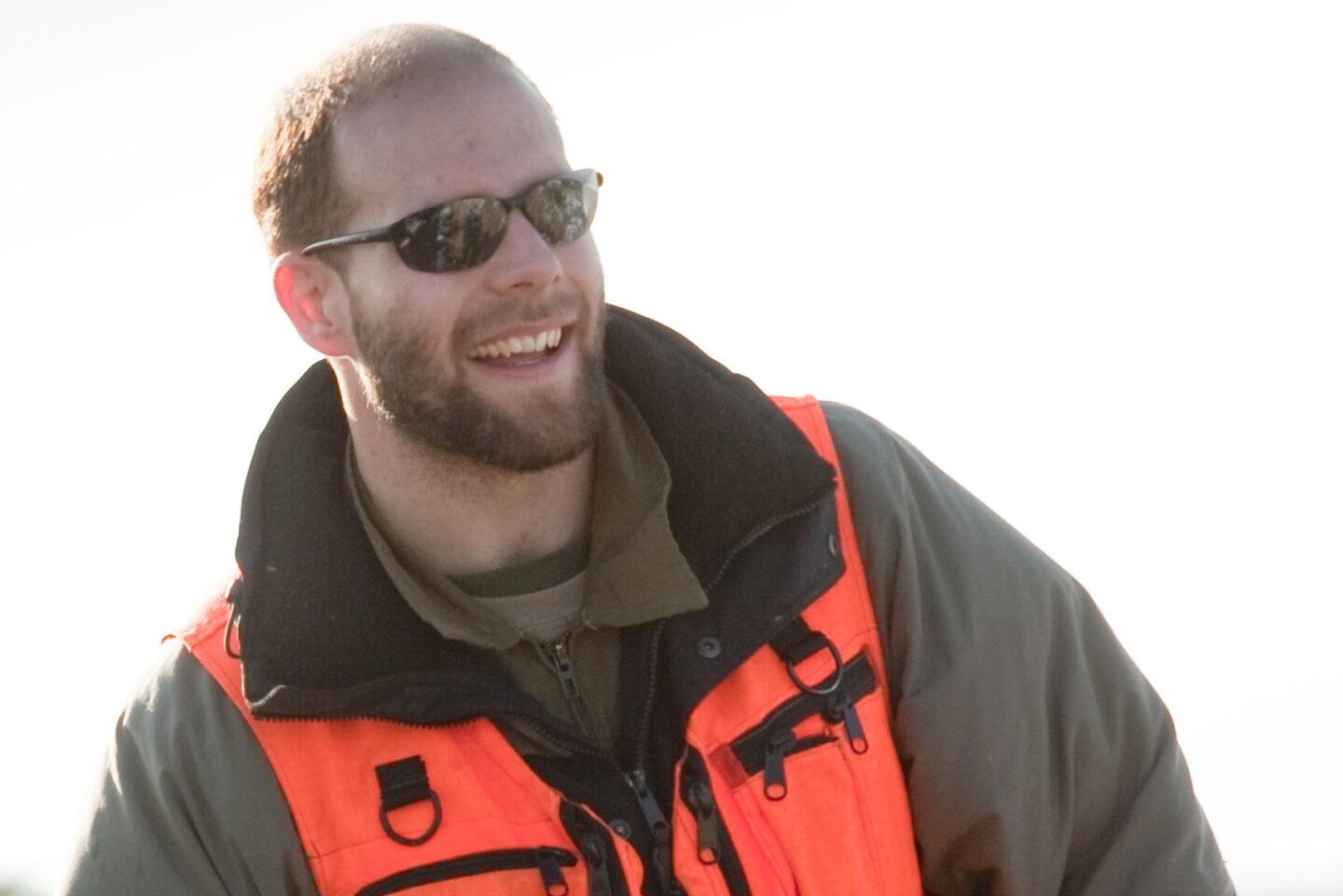
Ryan Long
Former post-doc Ryan Long (2013-2014) is now an Associate Professor at the University of Idaho! We have yet to meet his match in terms of expertise in mammalian physiological ecology, movement ecology, and their interface. We continue to collaborate with Ryan on a long-term NSF-funded study on the ecology, behavior, and energetics of spiral-horned antelopes (that’s bushbuck, nyala, and kudu for you big-mammal noobs) in Gorongosa National Park, Mozambique. [Website]
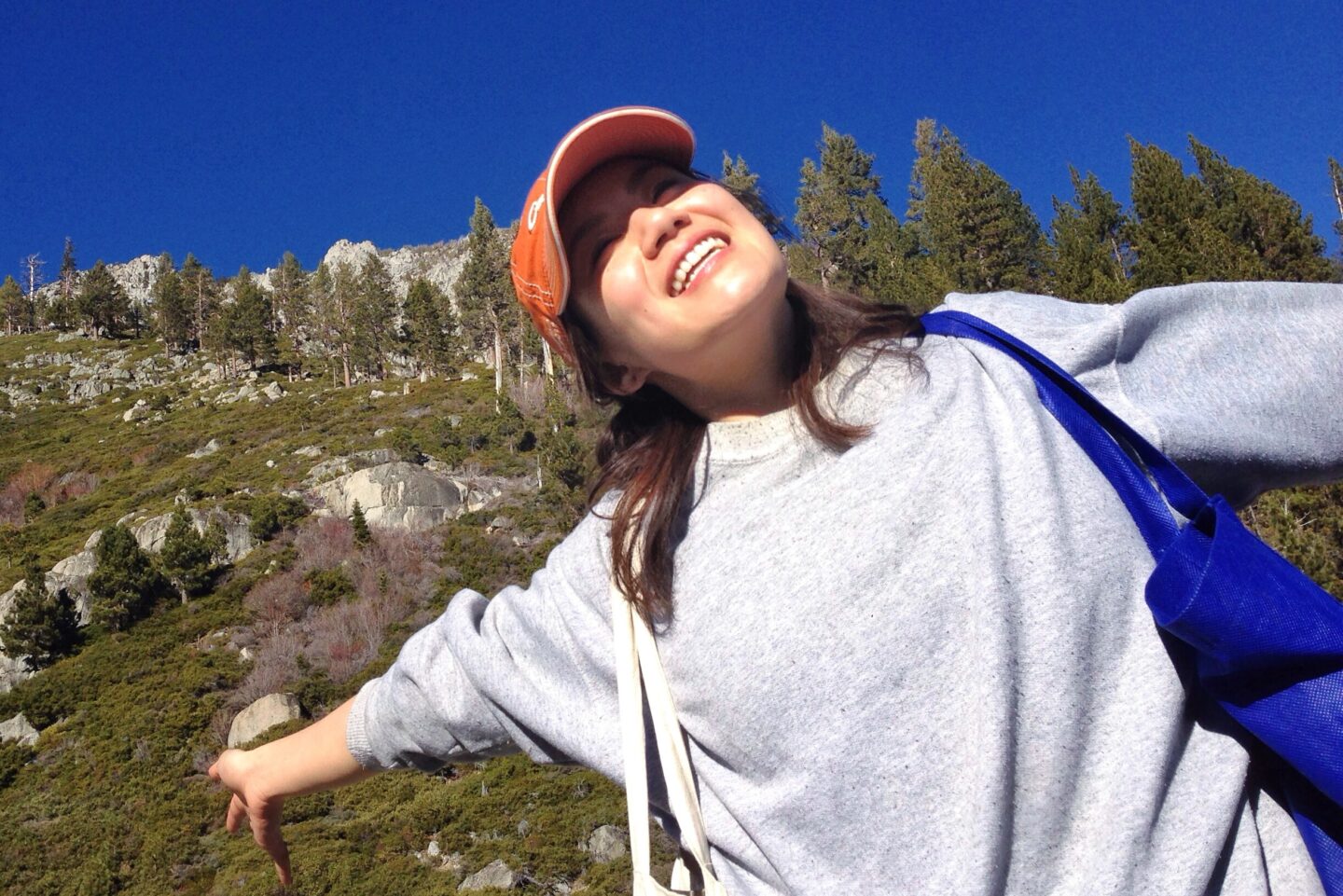
Patty Chen
Former Lab Manager Patty Chen (2013-2015) is now completing her MD at Boston University School of Medicine. She was a fantastic lab manager and a key contributor to several papers. She is going to be a life-saving physician someday soon, and we were very fortunate to have her in our orbit for a few years.